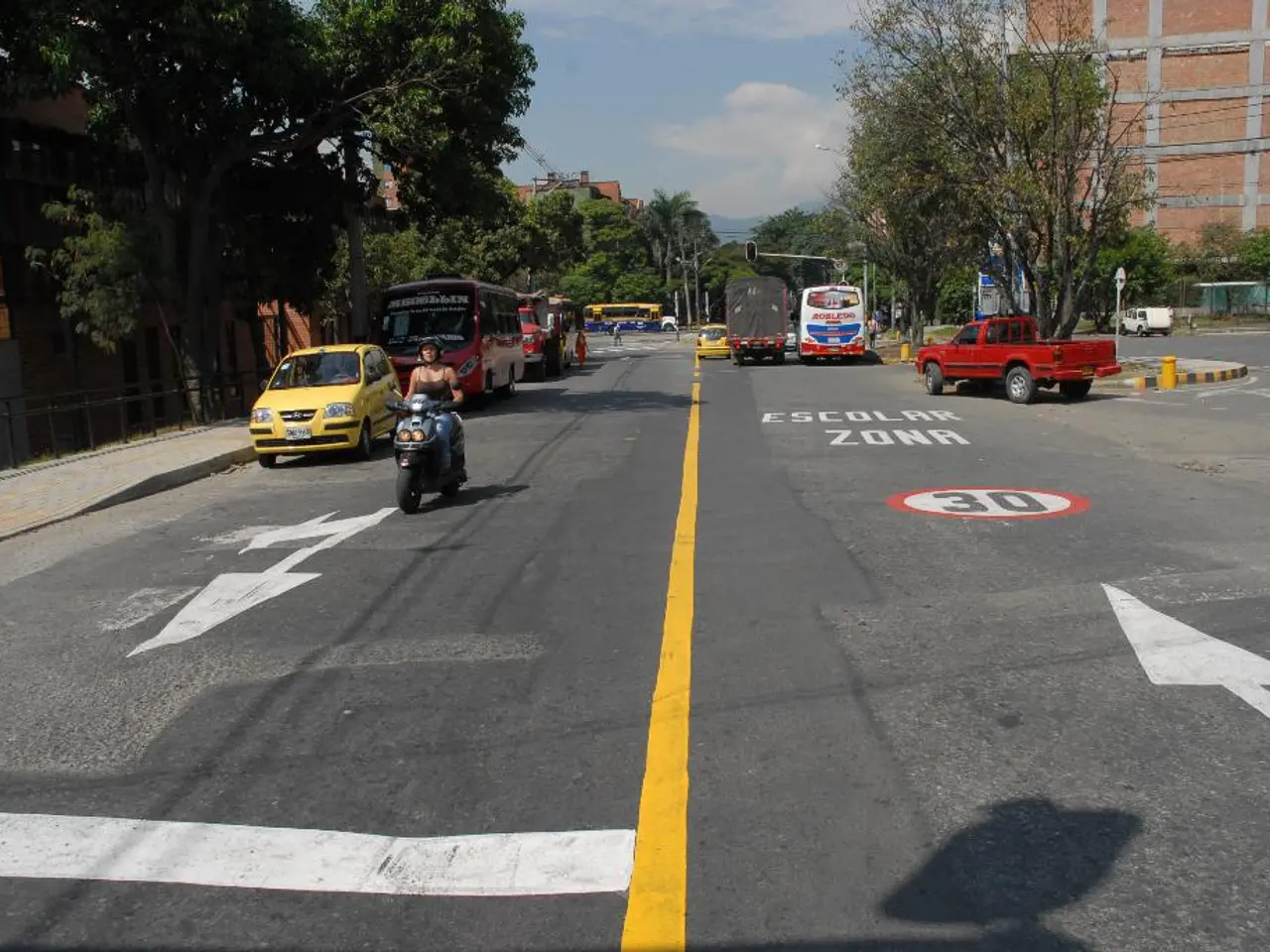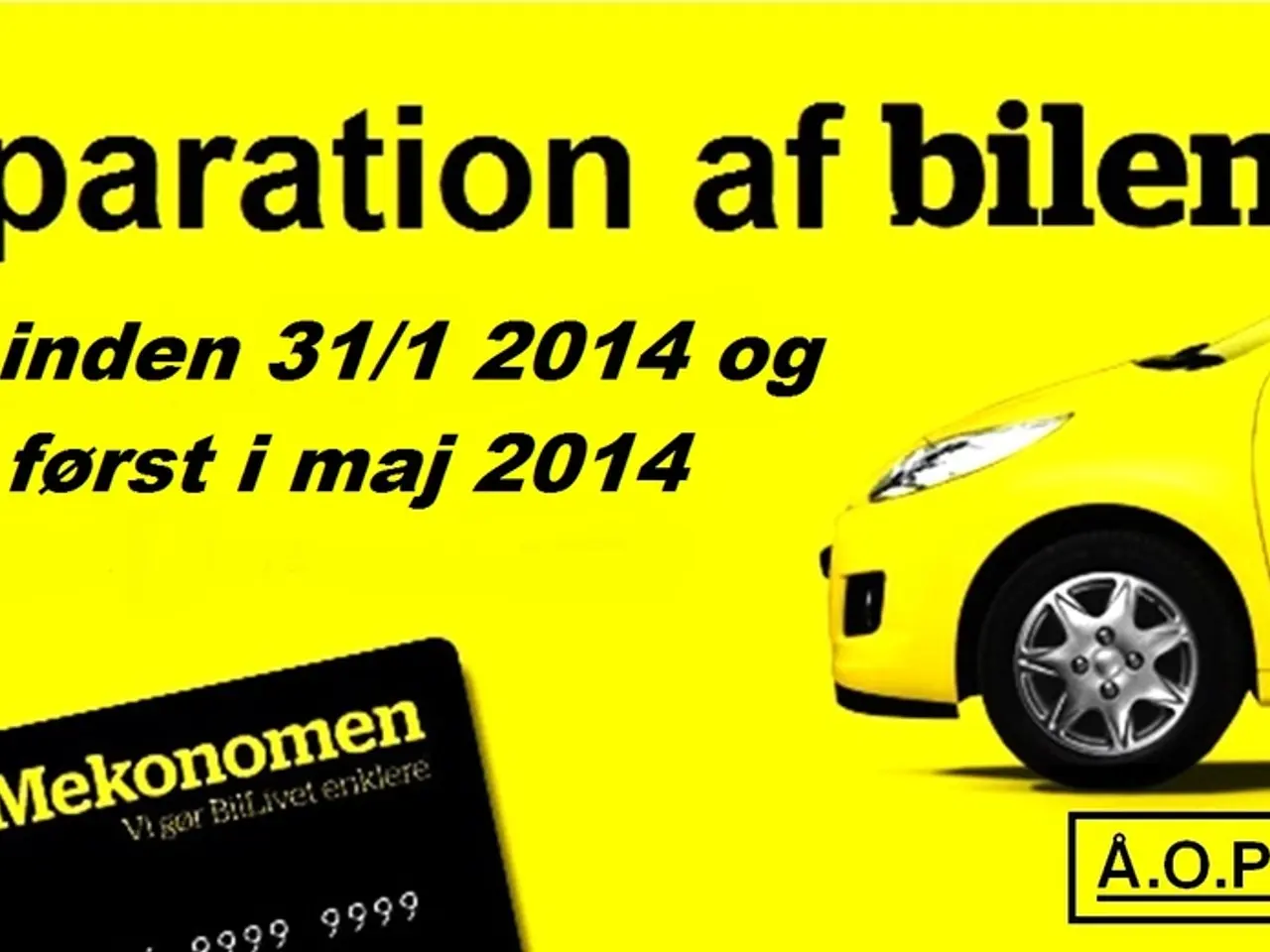Municipalities at risk due to escalating deforestation, cautions SPD
In North Rhine-Westphalia (NRW), a debate is brewing over the proposed debt relief regulation by the black-green state government, with concerns about its financial impact and legal risks for local municipalities.
Sonja Bongers, Chairperson of the SPD City Council Fraction and a Member of the State Parliament for Alt-Oberhausen and Osterfeld, has expressed her disapproval of the regulation. She argues that instead of providing meaningful debt relief, the regulation may lead to long-term burdens on municipalities, potentially impairing their financial autonomy and ability to invest locally.
Manuel Prohl, finance spokesman of the SPD City Council Fraction in Oberhausen, shares similar reservations. He suggests that although debt relief is needed, the current regulation draft fails to consider the full scope of municipal financial realities and threatens to place undue constraints on local governments. Prohl advocates for a balanced approach that supports municipalities without compromising their fiscal independence.
The controversy revolves around the balance between providing debt relief and protecting the financial self-governance of municipalities. Both Bongers and Prohl warn that the current debt relief regulation proposed by the black-green coalition government could impede municipalities' future financial flexibility and investment capacity, thus potentially harming local public services and development plans.
The state government's plans are not without financial consequences. It is set to take 150 million euros from the municipalities' fund to finance its climate protection investment program. This, combined with the proposed debt relief regulation, will result in a total of 380 million euros missing for NRW municipalities next year. The model proposed by the black-green state government is expected to cost local municipalities an additional 230 million euros next year.
As a result, funds for schools and sports are being cut, and there are fears that services for citizens could be restricted. Prohl warns that the state government's plans could lead to such outcomes.
Despite the state's planned tax revenue increase for 2024 of over 3.3 billion euros, the worsening financial situation of the cities and communities is a cause for concern. The black-green state government has sent proposals for the draft budget for 2024 to the state parliament, which include specifics about the financial impacts of the black-green proposed debt relief regulation for local municipalities.
Bongers has concluded that the proposed model is unacceptable, and she continues to voice her opposition to the financial impacts of the black-green proposed debt relief regulation on local municipalities. The debate underscores the need for a balanced approach to state-level financial policy, where debt relief needs must be reconciled with the requirement for sustainable municipal finance.
- The debate in North Rhine-Westphalia (NRW) surrounding the black-green state government's proposed debt relief regulation is centered on the balance between providing relief and safeguarding municipal financial autonomy.
- Sonja Bongers and Manuel Prohl, both from the SPD, express concern that the regulation could negatively impact local municipalities' financial flexibility and investment capacity, potentially harming public services and development plans.







